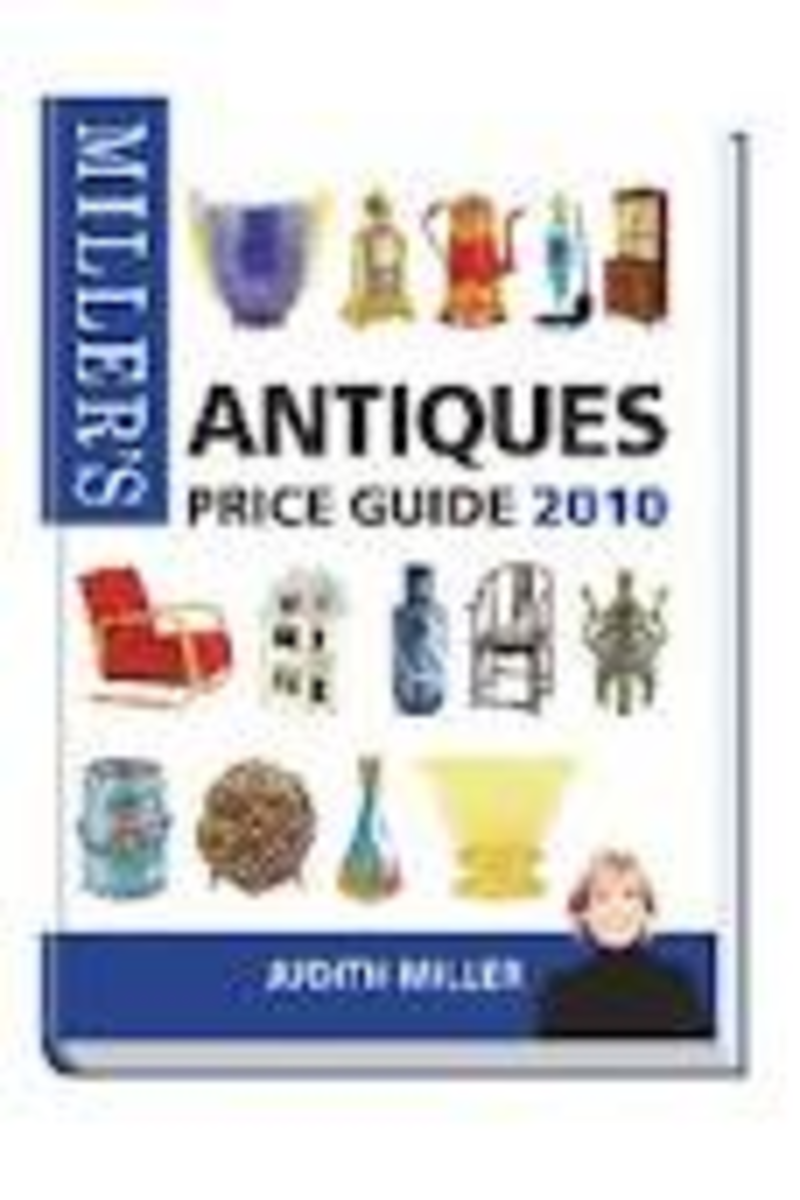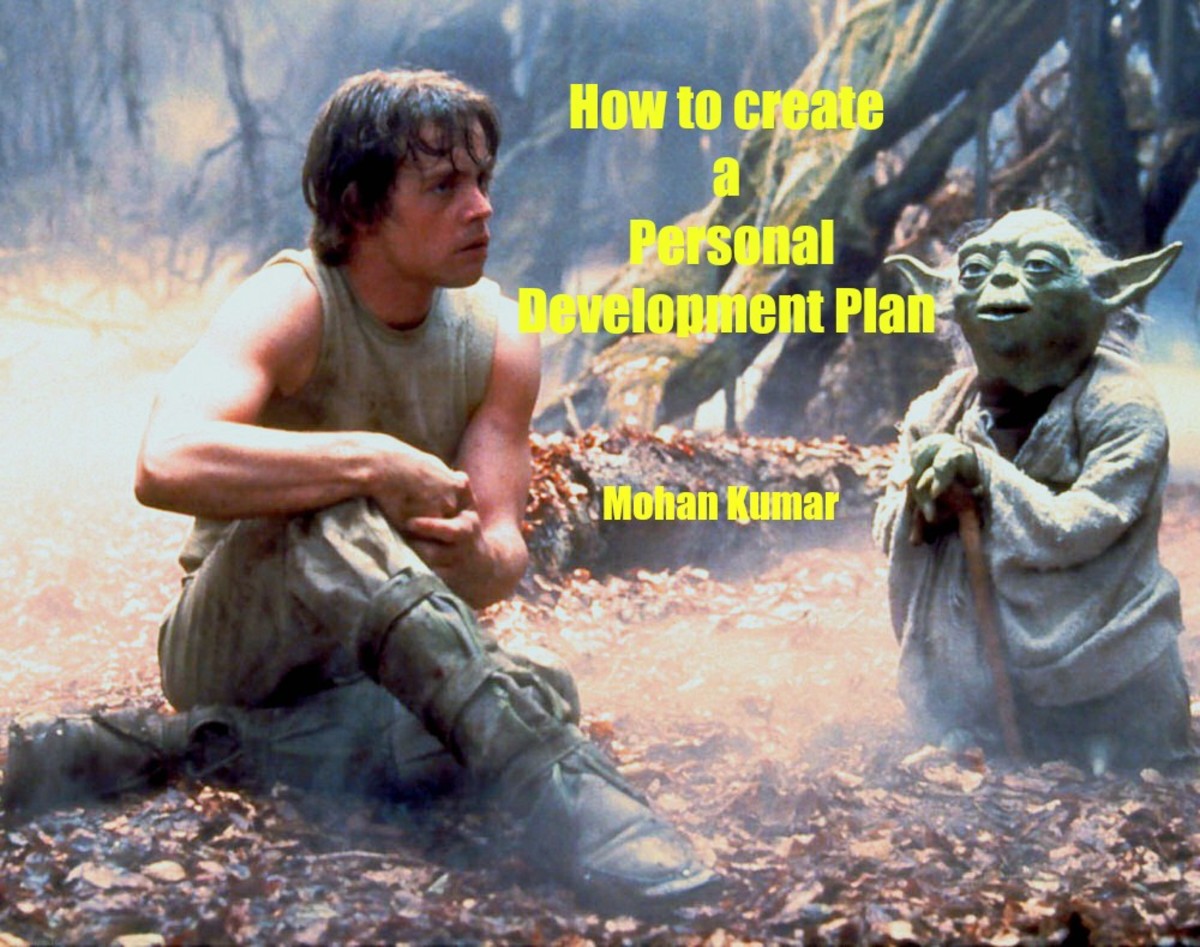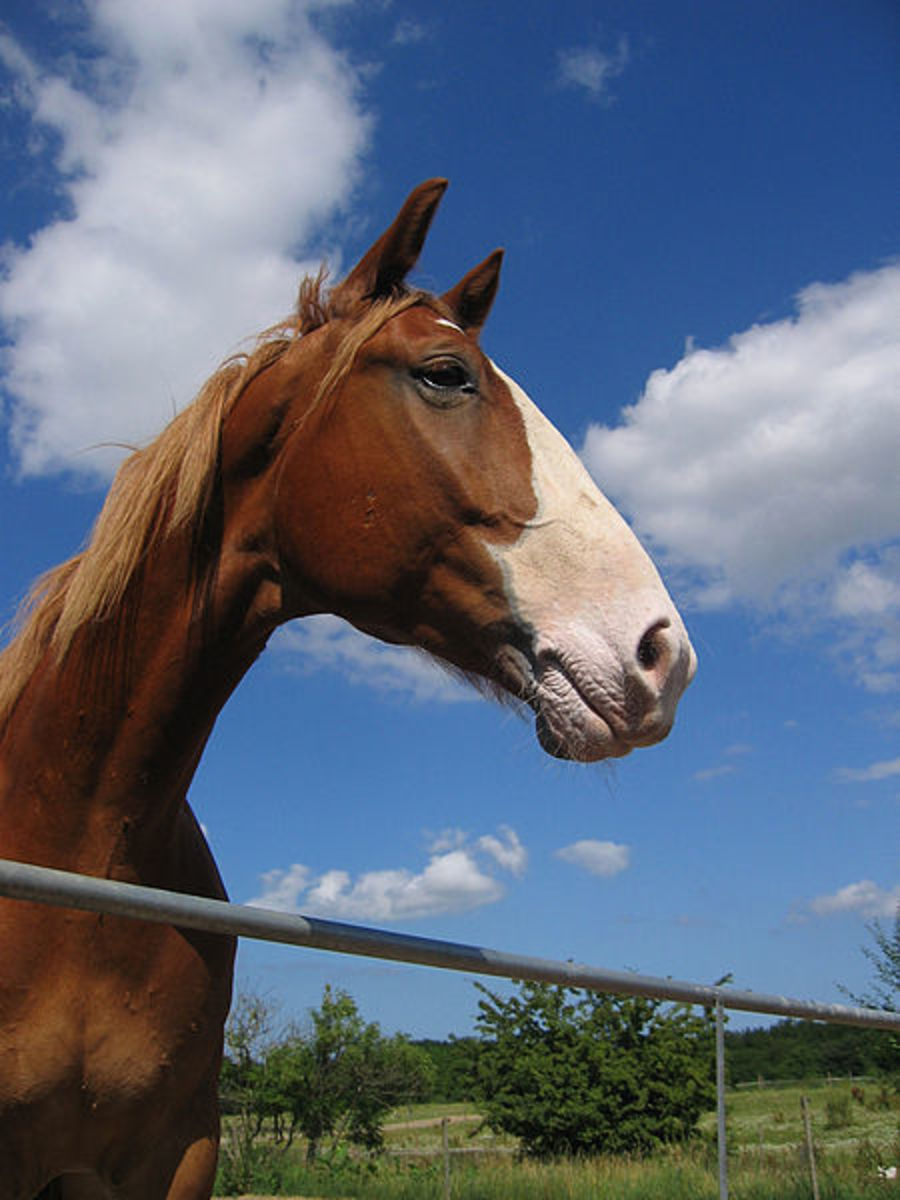Opportunity shops- Saints or Sinners?

Theft is rife in op-shops across the world
There has been a huge boon in church and charity based Opportunity shops in Australia, and the world, so much so that the line is increasingly becoming blurred between honest charity and profit orientated capitalistic business.
Any profitable organistation will of course attract it's share of crime and unfortunately crime in opportunity shops is big business.
Let us first look at the interpretation of an Opportunity Shop and it's role in society. In the 1970's and 80's small church or charity based groups sought out small premises for free in the back streets or suburbs from some kind hearted or charitable benefactor. If the premises were not donated, usually there would be a token peppercorn rent. People would then volunteer their time on a rostered basis and as items were donated they would sorted and be put on the shelf for a nominal fee of between 50 cents and $2. Large prices were mostly unheard of because this would then negate the entity trading from being an actual charity. The idea is that the op shop gets a few hundred dollars a week in profit to buy things for the needy and poor. More importantly the poor are able to get access to clean cheap clothing or other equipment that might be used in the running of a home such as kitchen appliances and electrical appliances for the laundry and lounge room as well as bedding or furniture. The volunteers themselves were most often than not elderly spinsters with nothing much left to do and an urge to contribute to society.
This then leaves us to examine the patron that traditionally donates to the Op Shop. My research has told me that people in their later years with little or no family or any family that cares anyway would be a member a church, the CWA or some other social or community organisation and through these organisations, on their passing they would donate all of their worldy goods to that organisation, or alternativley if they were not part of an organisation they would name a charity in their will be it Salvos, Good Sammys, RSPCA or St. Vincent de Paul's. The expectation from the patron would be that the items would be sorted at the op shop and on sold to the public at an affordable rate. It was rare to find furniture at op shops as they were always needy for space as they could not afford large premises.
All of this has changed with the introduction on Television of "The Antique Roadshow" on Channel 9 and "The Collectors" on Channel 2 and a seedy criminal element has crept in. This element would normally be ignored by the author but I am aware that it is costing society tens of millions of dollars for very little return and a lot of theft and corruption and back door dealing is going on.
In the 1980's and 90's with an increase in consumer intelligence becasue of the sharing of information because of the internet and the mobile phone and hence a society more prone to be in tune with the environment, recycling became popular and almost at the same time, the real value of donated goods for charity was realised by the main church and charity groups in Australia and they grew into a huge business empire almost overnight. Centrelink has done its bit as well as many other government organisations with work for the dole schemes coming in and therefore there is a flood of "mandatory" volunteers being forced to work in op shops.
When looking at the Op shops from a crime perspective one must also take into account not only criminal law but State and Federal law. Most op shops breach "section 52a" of the Trade Practices Act many times every day. Section 52a states that a product must be fit for the purpose for which it is sold.
An example of this is any old cup or saucer with an English Stamp on it. Generally the people now pricing items for sale in op shops have no idea whatsoeverabout the value of collectables or antiques or anything whatsoever. These people are just layman volunteers with limited education. Because they have watched the Antique Road Show on telly they have the perception that anything with a mark on the base stating "England" is worth a squillion dollars and immediately it is priced at $15- $200. Believe me I have seen it with my own eyes. This type of predatory pricing breaches the Act. Because the buyer believes he is getting a high priced valuable antique and the fact is he is buying rubbish not worth 10 cents.
The second most dangerous creature in an op shop is the volunteer that is knowledgable, they will pilfer and steal everything old of value in the back sorting room before any person gets to see it. The person working in the back room who has no antique knowledge at all will steal and pilfer everything that looks valuable and take it home and sort it out later.
Another sneaky lurk going on at op shops is backdoor selling to professional dealers. All of the new incoming donated goods are regularly perused by outsourced professional antique dealers in the back room before any member of the public ever gets the chance to purchase these items at a fair rate. The money or a large portion of it gained from these illegal sales is generally pocketed by the volunteer or the official running the organisation. Have you ever looked in an op shop and you can find no old antiques or collectables everything is Asian. Ask yourself, how many old people do you know that have houses full of antique furniture or ceramics marked Carlton Ware or Royal Doulton. The answer is nearly all of them. How many old people have house full of Asian Ceramics? Barely any! The answer lies in the fact that the items have been looted by volunteers and staff before they hit the shelves leaving the worless Asian stuff marked "Taiwan and "Made in China"
How many op shops have broken musical instruments or cracked antique china or mismatched golf sets and tons and tons of worthless prints. Where has all the valuable stuff gone?
So in effect 2 things are happening, goods are being way overpriced for no apparent reason and without warranty or any sort of valuation certificate or authenticity certificate, yet the item is being sold as a valuable antique and the seller can tell you nothing at all about it. Beware of this! Do not pay big dollars for items in op shops unless you are absolutely certain of it's value and authenticity, usually these items are worthless. Even then only pay 10% of the items known value, don't forget theses charities got these items for nothing.
Most large charities now get governemnt grants for their rent and they have set up large supermarket style chains employing up to 25 staff, the op shops get a grant for employing that staff member from Centrelink. Also remember that these organisations are being run by uneducated church workers or volunteers who have no idea whatsoever about how to run a business. Because most antiquities or anything of value is thieved or sold before we, the public get a chance to buy it, op shops have become sneaky and because of the wholsale theft of most of its valuable donations it has now been forced to focus on clothing, think about it, there are lots and lots of clothes donated, too much to steal.
Any old clothing is now "Retro" and attracts a premium. Any brand name items also attract a premium. Because we have uneducated fools running these places and everything of value has been stolen, sold, or is overpriced these people have now raised the price of secondhand clothing to within about 60% of it's original retail value. Anything that is considered "Retro" may be priced at up to ten times it's original retail cost. This is of course outrageous as the spirit of the original op shop is now gone, these places are now run for cash profit and you the customer is being mistreated and ripped off. This was not the intention or the thought behind the person that originally donated their goods. You can no longer get a cheap bargain in any op shop and this is unchristian.
Secondhand shoes, some well worn and way past their life retail for around $15-$25. The value has now gone out of op shops totally and they are simply not worth shopping at. If you add up all the wasted costs associated with all this, the Op shops would be better off closing their doors and allowing the governement to donate the funds that normally went to op shops directly to charity.
I believe that Op shops and their dodgy operations need to be scrutinsed in no less a forum than a "Royal Commission" after all the Governent and therfore the public are footing the bill for stealing in the name of God as I call it. This industry seems to be totally unregulated with no balances or checks and the time has come for these churches and charities to be accountable to the generous public that keeps them afloat.








